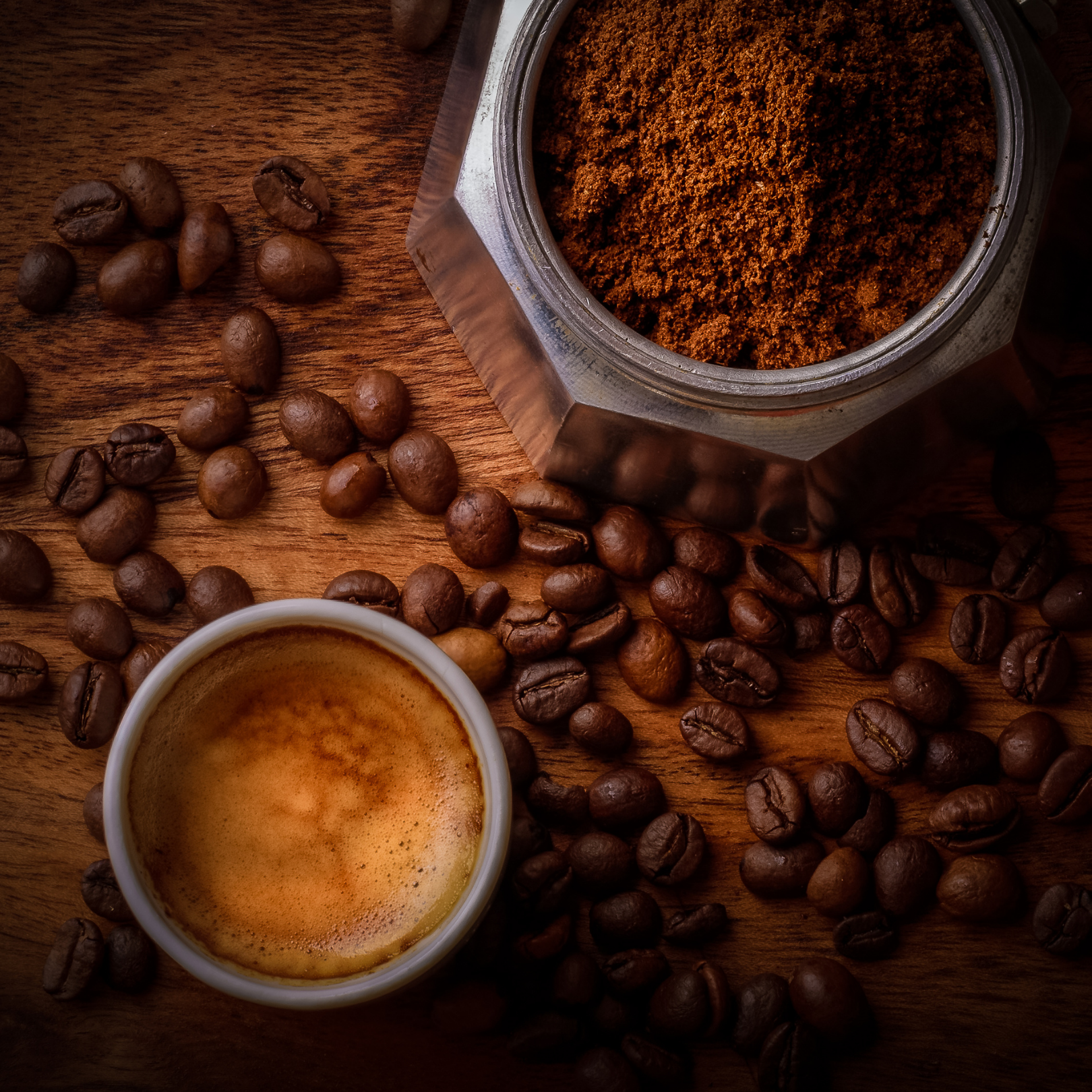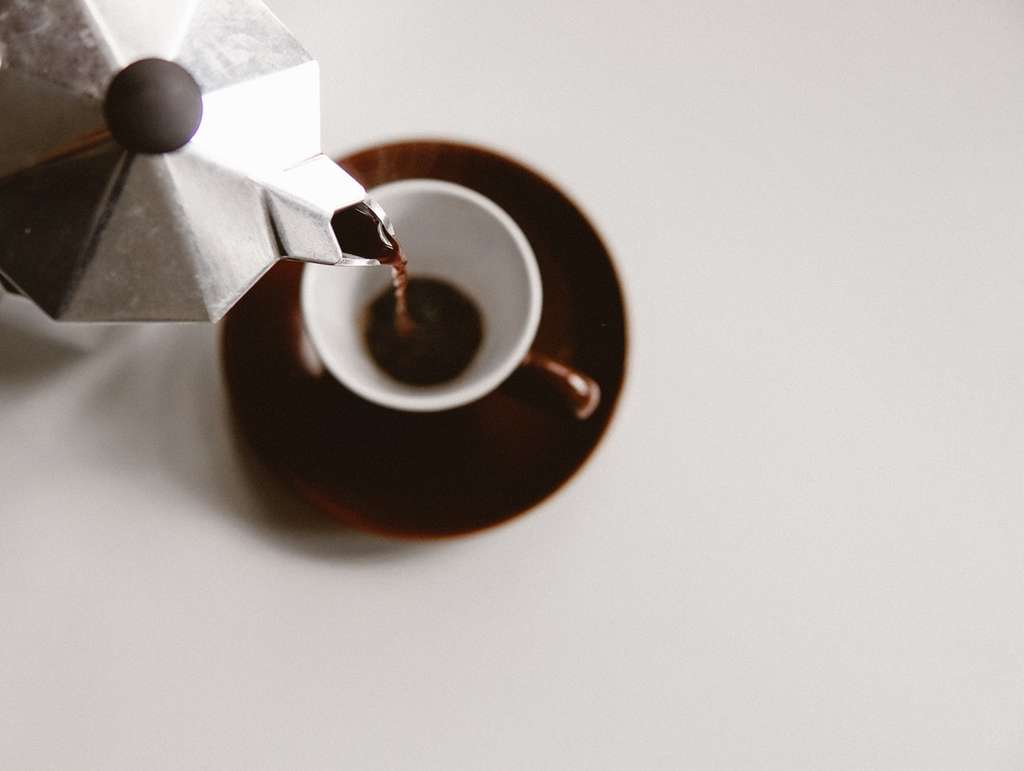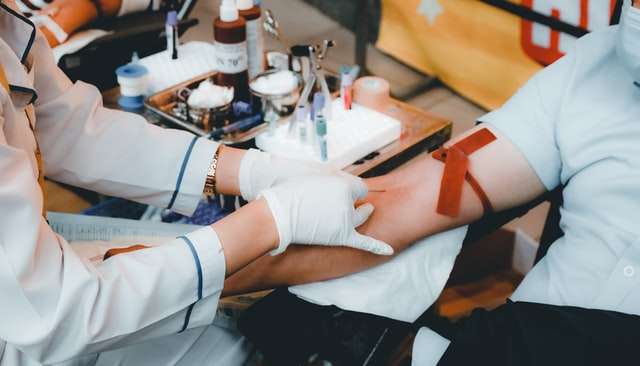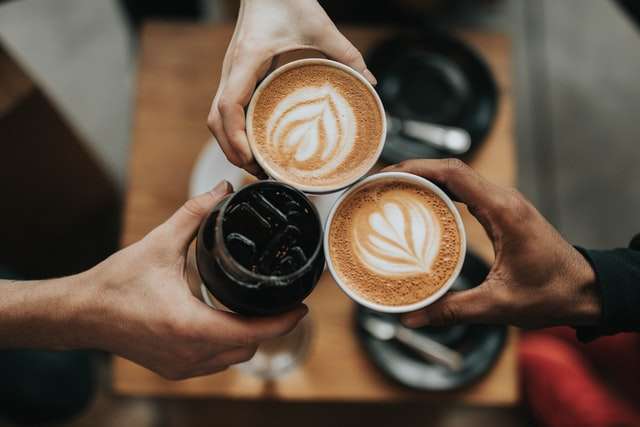Physical Address
While indulging in coffee, make sure to notice the effects it has on your concentration and focus.
Is It Good for Students to Drink Coffee During Exams?
Coffee can be a great way to enhance your mental attention during the exam season.
There are countless studies on the benefits of coffee, including being alert and awake while studying.
Like many other things in life, you have to draw a line on how much coffee you should take during exams.
Just like the benefits, there are also cons related to drinking too much coffee. Here’s what you need to know about drinking coffee during exams.
The UK’s Best Speciality Coffee

Is drinking coffee before exams a good idea?
Studies show that drinking coffee before an exam helps in one way or another.
For instance, a study by Nutrition Journal conducted on 500 students showed signs that coffee has a positive effect in helping students to be focused.

While there is no conclusive evidence that coffee can enhance your grades, there is proof that coffee helps students to be alert, attentive, and more absorbed during exam time.
You have a better chance of recalling the information you read a previous day when you take coffee before an exam

Coffee can help students increase retention of information which is important during an exam. It also comes in handy if you are writing an essay or doing a complex assignment.
Studies show that students who take coffee in college get to be more prepared during exams than those who don’t.
Coffee also comes in handy for students who have anxiety and stress during exam time, as shown by research. While doing your essays, you may use a plagiarism checker uk offered by UK.Edubirdie.
This writing site is a great platform where students can check their essay to ensure it is free from plagiarism.
How much coffee to drink?
Depending on how often you drink coffee, students should just take enough coffee and not more than they need to.
The average person takes 399mg of coffee, which will be enough to get you going for the rest of the day. To get the point home, it equals at least 2 cups of Starbucks cappuccinos.

You should, however, take note that it may be too much for younger students, but older students can just drink the same amount as adults.
While taking coffee before exams, take note of the sugar and milk ratios because it may be too much for some, especially those with the risk of contracting diabetes . The best amount of coffee before an exam will be 1 cup.
Does caffeine work before exams?
Besides your information retention, coffee also increases your level of alertness.
These are key elements students need to ace exams. It is important to know how much coffee you need.
For the average student, a cup of coffee before an exam will be enough to give you that “popular wisdom effect .”Taking the right amount of coffee also affects how fast you react to things.

During exams, you need to be efficient and think fast because time is of the essence.
You also get to enhance your accuracy in doing tasks, an important thing you need during an exam.
What are the benefits of coffee for students?
Studies show that taking a cup of coffee before sitting for a test can increase your attentiveness twice.
FREE A2 Print Coffee Flavour Wheel?

You also get to be optimally decisive, focused, and more attentive to details.
This is probably why many people take coffee first thing in the morning.
Taking coffee before an exam also enhances your brain’s performance which will help you to reason during the paper.
Coffee also boosts your memory , which is important in ensuring you remember key facts, patterns, and other objects that may feature in an exam paper.
Cons of coffee during exam time?
It’s not all cozy and rosy with coffee while trying to stay active so that you enhance those grades.

First, caffeine addicts will have to spend extra backs to ensure they get as much coffee during exam time as regular days.
This may be challenging because you get short of coffee on your shelve and even within your local stores.
Secondly, coffee lightweights may feel early negative effects of too much coffee like headaches, anxiety, and even dozy.

You shouldn’t indulge in coffee during exam time if you don’t regularly partake in it.
How long before an exam should I drink coffee?
Caffeine takes about 20-30 minutes to take effect, so it’s best to drink coffee about 30 minutes to an hour before an exam.
Drinking too much or too close to the exam may lead to jitters, nervousness, and decreased concentration, so it’s important to moderate caffeine intake in coffee.
How long does coffee effect last during an exam?
The effects of coffee can last 3-5 hours, but the exact duration can vary based on individual factors such as age, weight, and tolerance.
The half-life of caffeine, the main active ingredient in coffee, is typically around 5 hours, meaning that after 5 hours, half of the consumed caffeine will have been metabolised.
However, some people may still feel the effects of coffee for a longer or shorter period of time.
Conclusion
If you want to enhance your exam preparation and experience, coffee may just be your best friend during this season.
While indulging in coffee, make sure to notice the effects it has on your concentration and focus.
Also, be keen not to overindulge because too much coffee can also negatively affect your health.
Be sure to follow the above tips if you decide to take coffee during your exam season.
Can You Drink Coffee Before a Blood Test?

Sometimes, doctors require patients to undergo fasting for several hours before taking specific blood tests. Fasting means you abstain from eating or drinking anything for a certain period, usually between eight and 12 hours before your blood will be taken. In some cases, patients will only be required to abstain from specific kinds of food, drink, or ingredients. In others, patients are also advised to avoid smoking, exercising, and even chewing gum. Usually, only water is permissible while fasting.
Here’s one frequently asked question. Can you drink coffee prior to a blood test? It’s a common and expected inquiry, especially considering that the average American drinks up to three cups a day. For habitual coffee drinkers, having to skip might feel like a burden. So, is it really necessary to forego that cup of joe?
Can You Drink Coffee Before a Blood Test?
Is it okay to drink coffee before taking a blood test? Or must you stick with plain water and stay strong until the end? The answer depends on two factors – the type of blood test you’re taking, and the kind of coffee you drink.
Certain types of blood tests will require you to abstain from coffee, among other kinds of food and drink, for several hours to ensure that your test results are accurate. For example, you might need to skip your morning coffee before taking a glucose test, especially if you normally take it with sweetener and milk. This type of test measures the level of sugar in your blood, so this could cause your glucose to elevate and alter your test results.
But other kinds of blood tests check for things that are unaffected by coffee, so it may be safe to drink some during your fasting period. For example, a 2005 study found that drinking one cup of coffee within an hour of a cholesterol test does not significantly impact the clinical test results. Specifically, black coffee did not significantly affect TC/HDL-C levels, and coffee with sugar and creamer did not significantly alter triglyceride levels.
Just to be safe, it’s always a good idea to ask your doctor directly if you can drink coffee before your blood test.

How Can Coffee Affect Your Blood Test Results?
Coffee — depending on how much you consume and your sensitivity to it — can have different effects on the body. If you’re due for a blood test, keep in mind these FAQs about how coffee affects the body.
Can Coffee Dehydrate You?
Many depend on coffee for their daily dose of caffeine. According to a 2011 study, caffeine can have diuretic effects on the kidneys when consumed in high doses. Diuretics are substances that promote urgent and more frequent urination. By promoting urination, diuretics like caffeine might impact the body’s hydration level.
However, while coffee has caffeine, which is a diuretic, coffee itself is unlikely to cause dehydration.
A 2014 meta-analysis of 16 studies found that consuming 300mg of caffeine, which is equal to three cups or 170ml of brewed coffee, in one sitting increased the production of urine by only 3.7 ounces or 109ml, versus consuming the same volume of caffeine-free beverages. Furthermore, a 2014 study conducted on males who were habitual coffee drinkers suggested that, when consumed in moderation, coffee can have the same hydrating qualities as water.
Does Coffee Affect Your Metabolism?
According to a 2020 study, drinking black coffee “does not seem to alter fasting TG or markers of fat tolerance.” It also does not influence fasting glucose and glycemic response. This is something to consider if you’re taking a fat tolerance test or basic metabolic test.
Does Coffee Affect Your Blood Sugar?
The average adult consumes approximately two 8oz- or 240 ml-cups of coffee daily, which may equal about 280 mg of caffeine. For most young adults of good health, this caffeine won’t significantly affect their blood sugar levels, as drinking as much as 400mg of caffeine a day is deemed safe.
However, take this with a grain of salt as caffeine can affect everyone differently. For example, a person with diabetes and on insulin may have a stronger reaction to caffeine than someone without diabetes.
Also, consider how you take your coffee. Coffee with sugar and creamer may have a greater impact on your glucose levels than plain black coffee.

Why Do You Need to Fast Before a Blood Test?
Many blood tests require you to abstain from eating, drinking, and sometimes exercising, for a certain number of hours as the nutrients that enter your bloodstream might alter the test results. For example, eating something with a high sugar content will likely increase your blood sugar, so it might inflate the results of a blood glucose test. By fasting, doctors get a baseline of what your system “naturally” looks like without the intervention of external nutritional factors.
Before you fast for a blood test, ask your doctor about the parameters of your fasting. These are some detailed questions you may want to ask:
- Can you drink coffee before a blood test? If yes, what type of coffee?
- Can you drink carbonated water, or must it only be plain, flat water?
- Can you chew gum, even sugarless ones?
- Can you exercise?
If you accidentally slip up (we’ve all made a cup of coffee half-asleep before), or felt unwell and needed to consume something, tell your doctor or the person taking your blood right away. They will need to know what you consumed and when you consumed it as it will impact how they can interpret your test results. However, you will likely be asked to reschedule your blood test to ensure accurate results.
What Kinds of Blood Test Require Fasting?
Not all blood tests will require fasting, and not all fasting blood tests may have the same fasting parameters. It’s best to get detailed instructions from your doctor about how to proceed with your blood test. Below are examples of blood tests that normally require fasting:
- Blood sugar/glucose test
- Cholesterol test
- High-density lipoprotein (HDL) and low-density lipoprotein level tests
- Lipoprotein panel test
- Triglyceride test
- Basic metabolic panel test
- Liver function test
- Renal function panel test
For blood tests, physicals, and other types of lab services, e7 Health offers same-day and next-day appointments. Book an appointment online or contact us today!












